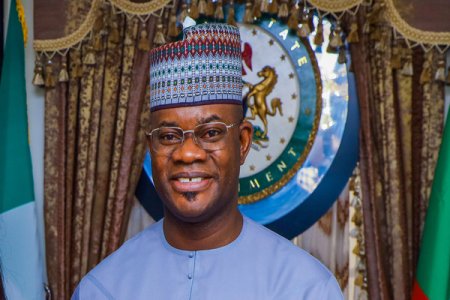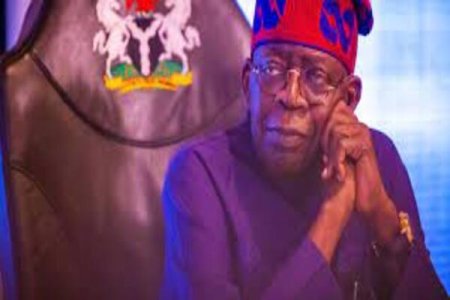
In the wake of blistering accusations from the Economic and Financial Crimes Commission (EFCC), former Kogi State Governor Yahaya Bello has vigorously denied allegations of misappropriating state funds to cover his children's school fees. The saga has ignited a fierce legal and public relations battle, shedding light on Nigeria's governance and accountability complexities.
At the heart of the controversy lies EFCC Chairman Olanipekun Olukoyede's claims, made during a press briefing on April 23, 2024. Olukoyede alleged that Bello withdrew substantial sums from the state's coffers to settle his children's tuition at the American International School, Abuja, just before concluding his tenure as governor.
However, Bello swiftly responded, refuting the accusations in a statement titled "Payment for school fees: Setting the records straight." Signed by Ohiare Michael, the missive rejected the EFCC's assertions, asserting that Bello had consistently fulfilled his parental obligations to his children's education, well before assuming office as governor.
The statement emphasized that Bello neither paid USD 720,000 nor USD 840,000, as purported by the EFCC, for his children's schooling. It clarified that the payments commenced in 2021, contradicting the EFCC's timeline of events. Crucially, Bello maintained that no state funds were diverted to cover the tuition fees, emphasizing the separation between his personal finances and public responsibilities.
A pivotal legal confrontation ensued when the EFCC attempted to recover the allegedly misappropriated funds from the American International School, Abuja. In a dramatic twist, a member of Bello's family challenged the EFCC's actions in court, leading to a landmark ruling to maintain the legitimacy of the payments.
The statement further highlighted ongoing legal proceedings, with Charge No. FHC/CR/573/2022 filed by the EFCC at the Federal High Court, Abuja, is still pending. Bello's legal team expressed confidence in the judicial process and denounced what they perceived as unwarranted persecution.
Amidst swirling accusations and legal battles, Bello's defense underscores broader issues of transparency and accountability in Nigerian governance. The saga raises questions about the politicization of anti-corruption efforts and the challenges faced by public officials navigating the intricacies of public service.




